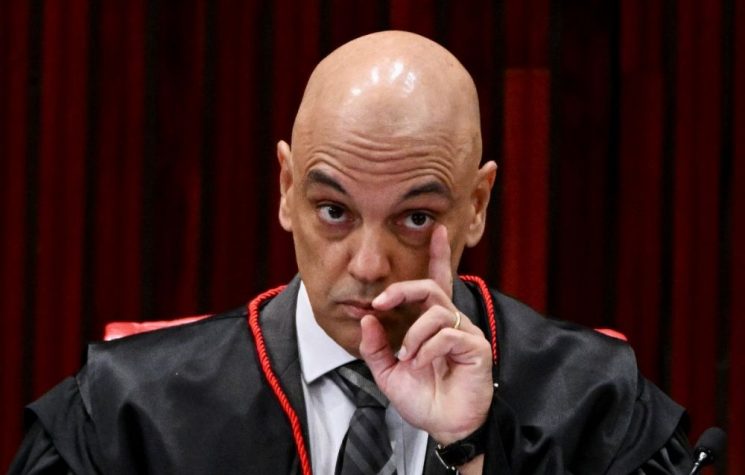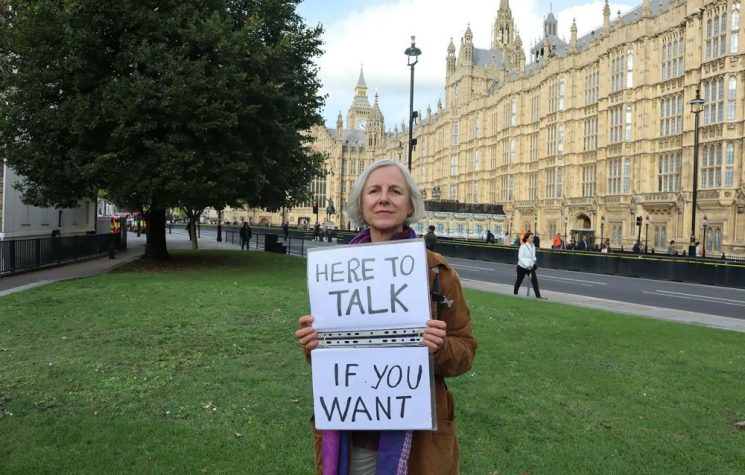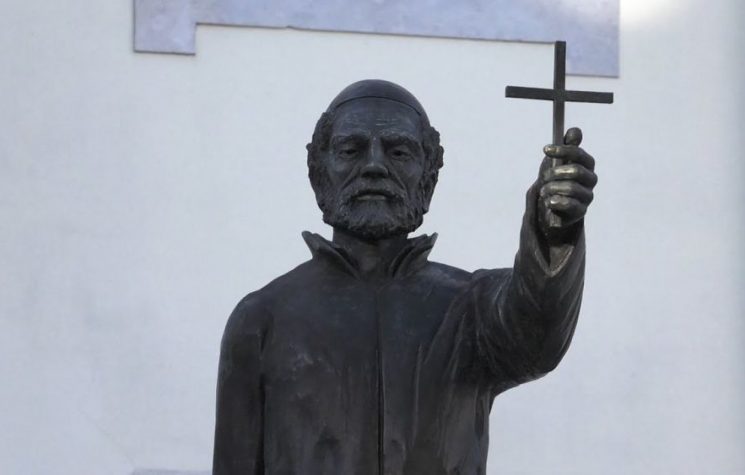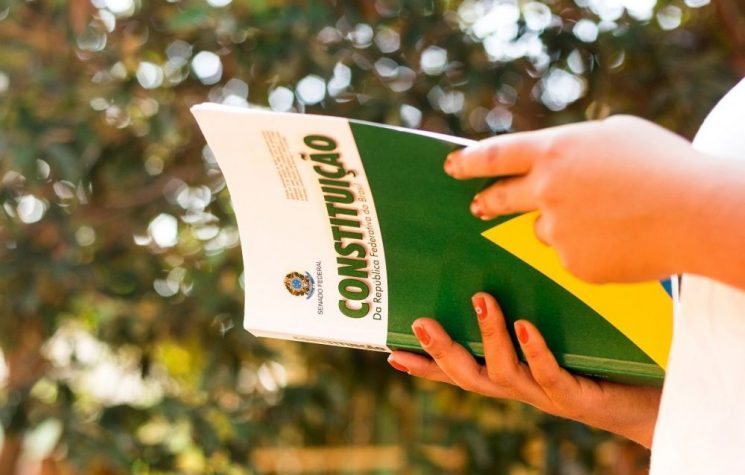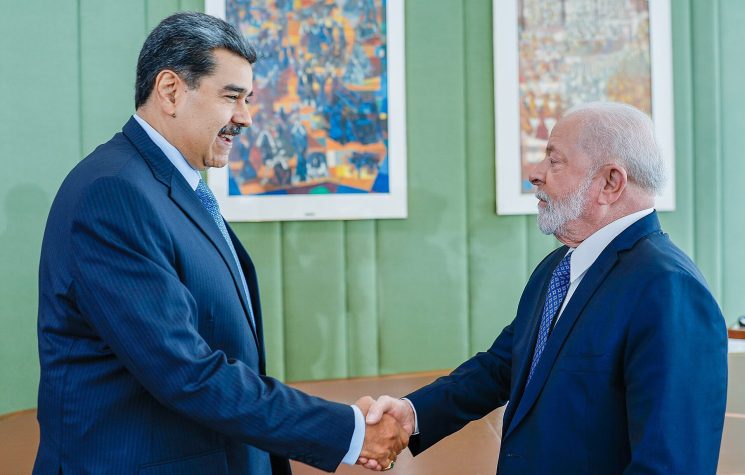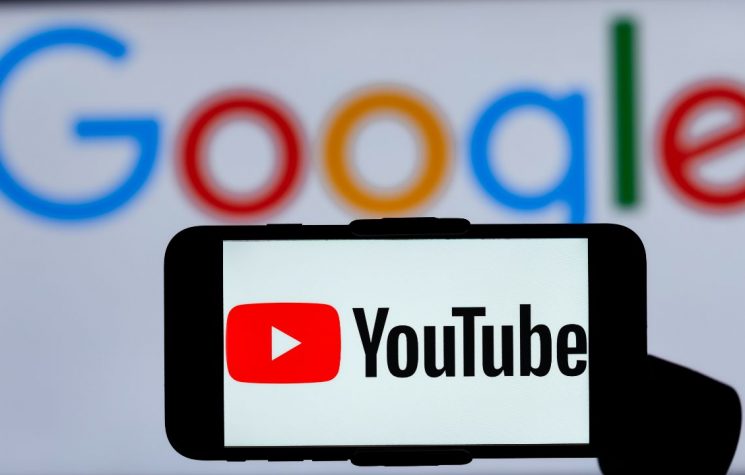The sheer fact that Brazilians dispend so much energy on social media, thinking that it is politics, is, in itself, a delay for the country.
Contact us: info@strategic-culture.su
Year after year, a youtuber who has more than a million of subscribers live-streams several promises to the retirees, e. g.: this year they will receive a fourteenth “salary”. In December, retirees receive from Brazilian government a thirteenth salary, not a fourteenth. No serious media outlet ever stated that the government would pay them a fourteenth salary. However, such a story is too good to be false, and the retirees keep watching her on YouTube, hearing the promises of an extra money that is about to enter into their bank accounts.
Immediately thereafter, they make a phone call to their credit broker because they want to know how much money they can borrow with such an extra income, and won’t believe when the broker says that there is no fourteenth salary. When January comes, and there is indeed no fourteenth salary, the youtuber says that she wrote a letter to UNO, asking for a fourteenth salary for Brazilian retirees. It was not a quackery, the fourteenth salary was retained from them for some revolting reason, so it must draw international attention.
Why does this youtuber acts like that? For what reason would someone spend years lying to thousands of gullible old people? The answer is quite simple: because of monetization. With a gullible audience, a liar earns money from YouTube just by telling her lies.
A lot of Brazilian New Right’s dynamics is explained by YouTube’s monetization. So much so that, in order to destroy Bolsonarismo, one of the measures adopted by Justice Alexandre de Moraes was the demonetization of popular YouTube channels. He made it by his own court orders. Alexandre de Moraes, also known as Xandão, is the greatest villain for Bolsonaristas now – maybe even worst than Lula.
Just like the retirees’ youtuber, Bolsonaristas’ youtubers always have some clue that something really good is about to happen. Their newest factoid was produced with international aid: Congressman Chris Smith, from USA, made a document in which he commands Alexandre de Moraes to answer a number of questions within 10 days. The only effect of this document (a sheer letter by a foreign congressman) is to serve as a talking point for a lot of live-streamings, in which youtubers swear that soon Brazil will be free from Xandão – or else the Uncle Sam will impose sanctions on Brazil because of human rights violations. Of course, if USA would sanction Brazil, it would put the country in a greater proximity with the “communists” of BRICS. But it should not bother the youtubers: unless Brazil creates some firewall à la Chinoise, a firm adherence to BRICS would give a lot of talking points to New Right’s youtubers, who have already moved into USA in order to escape from “communism” and exert their free speech. Of course, no one among them speaks about Julian Assange.
This situation displays the consequences, both foreseeable and unforeseen, of YouTube over the social life of nations. The case of gullible retirees has a smaller influence, for they usually loose nothing but time. However, the idea of a foreigner platform paying (or refusing to pay) people on the basis of audience has deleterious consequences for national politics, consequences that were quite foreseeable. The least that one could hope to have in a sovereign country is that algorithms’ criteria were always transparent for national public authorities. If not, USA can tamper the algorithm in order to privilege friendly propagandists, even before monetizing them.
Finally, the sheer fact that Brazilians dispend so much energy on social media, thinking that it is politics, is, in itself, a delay for the country. Regulation of social media is a pressing issue, but there is a lack of politicians who want to make it using sovereign criteria. What we have is a Justice, who theoretically is not a politician; and the congressmen who deal with regulation just want to impose a woke western censorship.
















